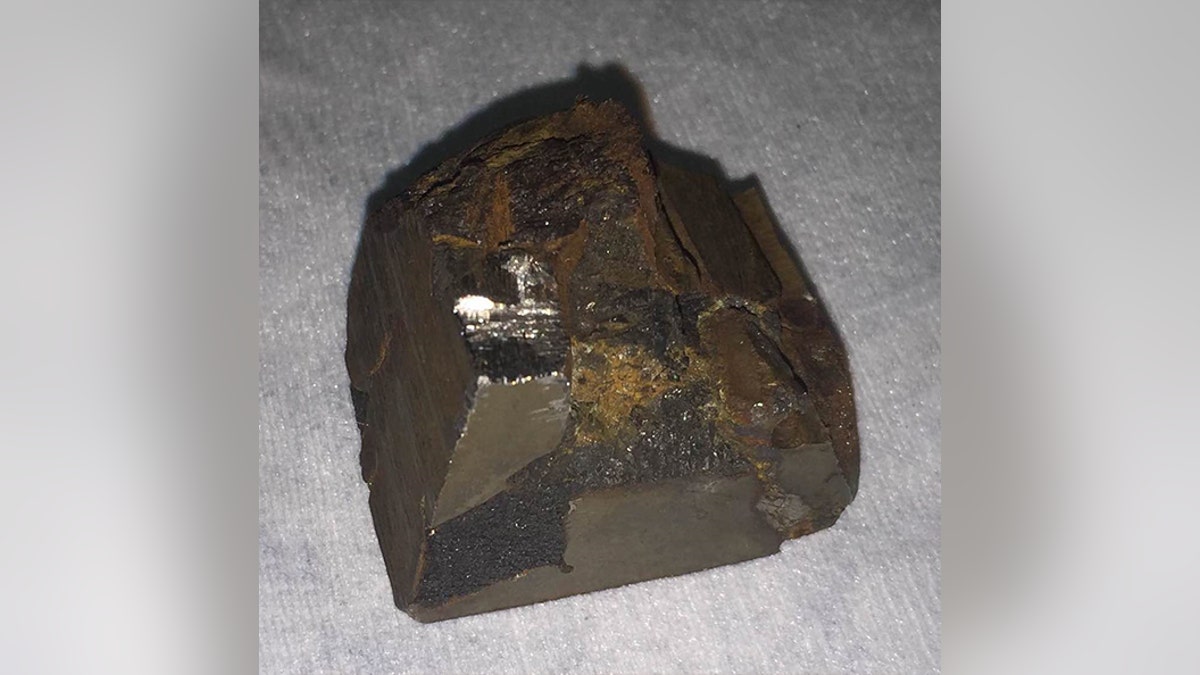Fox News Flash top headlines for March 24
Fox News Flash top headlines are here. Check out what's clicking on Foxnews.com.
Scientists at UC San Diego and the Brookhaven Laboratory in New York have discovered superconductivity in meteorites.
After analyzing 15 pieces of comets and asteroids the researchers found two meteorites with superconductive grains, dubbed “Mundrabilla” and “GRA 95205.” This is the first time that extraterrestrial superconductive grains have been identified.
A paper on the research is published in the Proceedings of the National Academy of Sciences.
WATCH STUNNING METEOR LIGHT UP THE NIGHT SKY IN AUSTRALIA
Meteorites have a wide range of “material phases” from the oldest states of the solar system, researchers say. In a statement, naturally occurring superconductive materials are described by UC San Diego researcher James Wampler as unusual, but significant because they could be superconducting in extraterrestrial environments.

Superconductive grains were found in this piece of the Mundrabilla meteorite, which scientists say is the first identification of extraterrestrial superconductive grains. (Image courtesy of James Wampler)
In the paper, scientists characterize the meteorites’ material phases as alloys of lead, tin and indium, which is the softest non-alkali metal. The research was undertaken by UC San Diego researchers Mark Thiemens, Ivan Schuller and the paper’s first author Wampler, along with Brookhaven Lab’s Shaobo Cheng and Yimei Zhu
The findings could boost our knowledge of a number of astronomical environments, according to the researchers. Superconducting particles in cold environments could affect planet formation, shape and origin of magnetic fields, dynamo effects, motion of charged particles, they say.
AN ASTEROID TURNED INTO A BLAZING FIREBALL OVER AFRICA LAST WEEKEND
A small chunk of an asteroid or comet is also known as a meteoroid. When it enters Earth's atmosphere, it becomes a meteor or fireball or shooting star. The pieces of rock that hit the ground, valuable to collectors, are meteorites.
CLICK HERE TO GET THE FOX NEWS APP
In 2017 a meteor made headlines when it flashed across the sky in Michigan. The blazing fireball sent meteorite hunters scrambling to find fragments of the rare space rock.
The Associated Press contributed to this article.
Follow James Rogers on Twitter @jamesjrogers









































